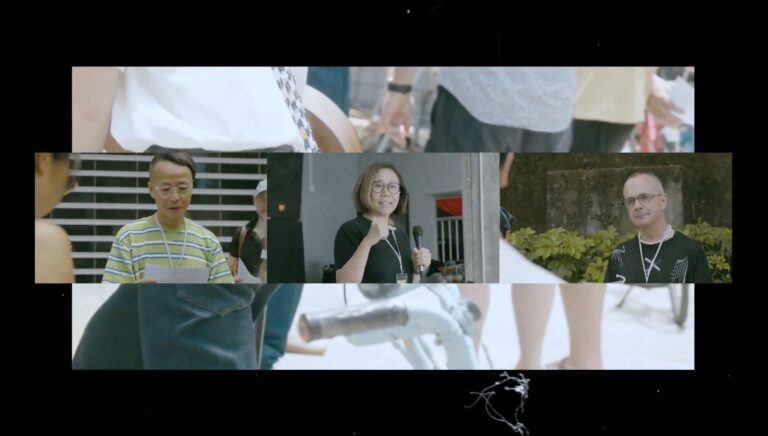
The Academic Complaints Song
The academic complaints song is an experimental piece to salvage solidarity, liveliness and pleasure from work, and to redeem the politics of whining.

The academic complaints song is an experimental piece to salvage solidarity, liveliness and pleasure from work, and to redeem the politics of whining.

The workshops exploring community practices engaged participants in diverse activities focused on care, connection, and cultural preservation. Amy Cheung’s “Kindness Investigation Bureau” used espionage-inspired methods to examine dynamics of care within academic settings, fostering collaborative analysis through participant field notes.

The “Ecologies of Participation” panel at the Rehearsing Futures conference showcased innovative academic practices that leverage creative collaboration to address urban and social challenges.

The panel on showing care in society examined diverse manifestations of care across architectural, cultural, and consumer contexts, highlighting the

The panel on caring for nature explored diverse approaches to environmental activism and education, emphasizing the interconnectedness of humans, animals,

The panel on evolving pedagogies and curriculum beyond the classroom explored innovative approaches to integrating care, collaboration, and local contexts

The panel explored pedagogical strategies for teaching about conflict in the classroom, showcasing innovative approaches across various educational contexts. Kamalini
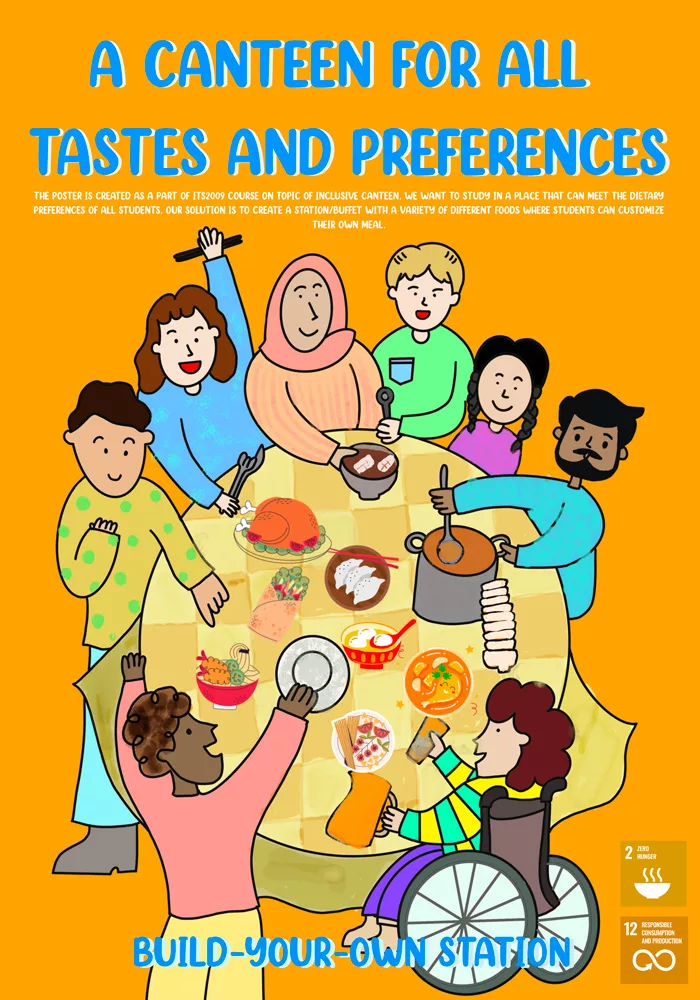
Access to sufficient safe and nutritious food that meets the dietary needs and food preferences for an active and healthy life is an essential part of food security. A university is a microcosm of society, so we will start with our home base!
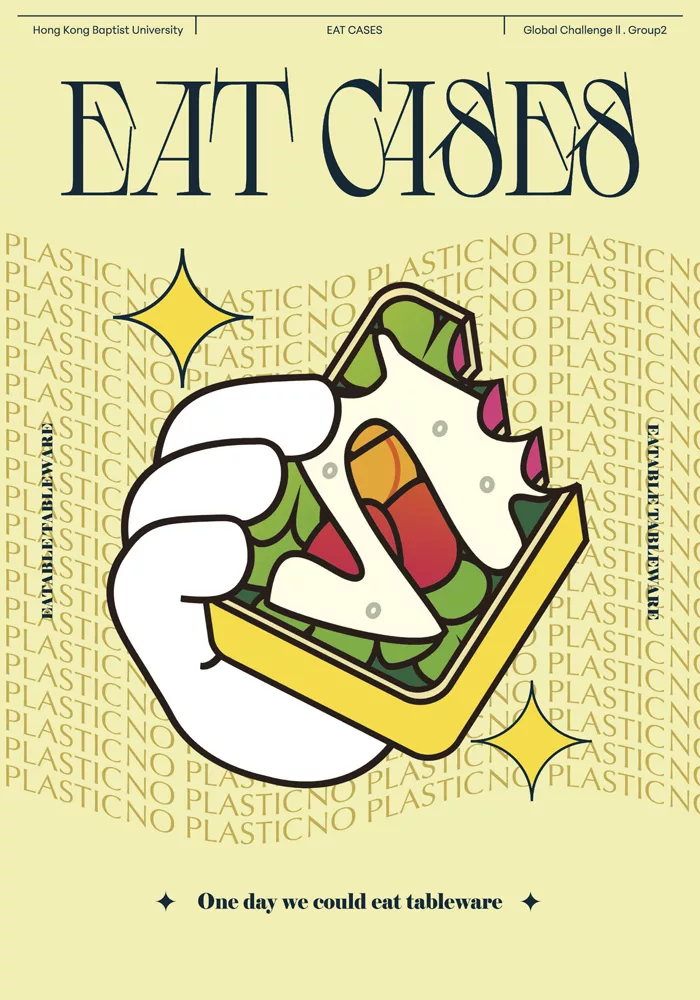
Finally, throwing away food is bad for the environment and a waste of the natural resources that went into its making. Reducing waste is key to a sustainable food future.
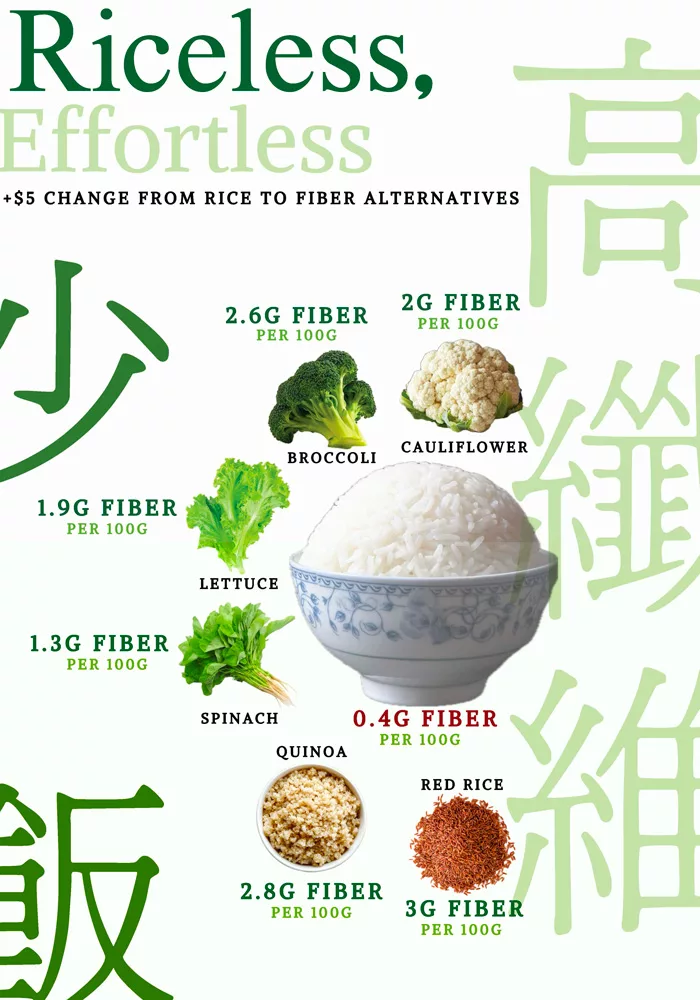
Eating a healthy and varied diet is better for our health as well as the planet. Overconsumption causes unnecessary strain on the food system and not providing us with the diverse macro and micronutrients our bodies need.
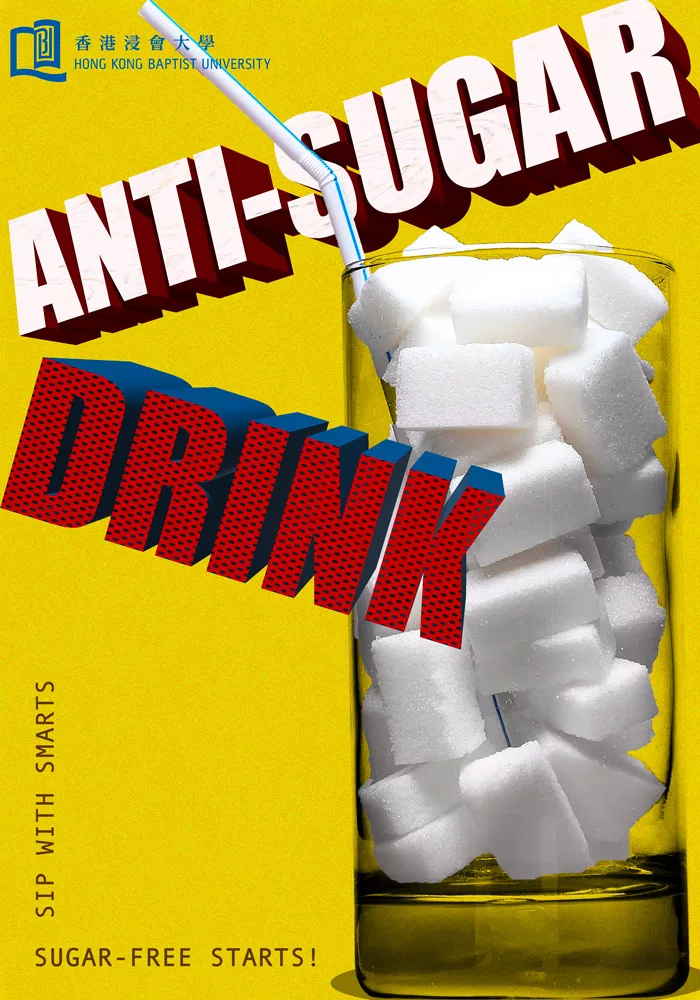
Related to the above is the danger of consuming sugar in our drinks. Did you know a 500ml of lemon tea contains 75g of sugar … that’s almost 19 cubes of sugar!
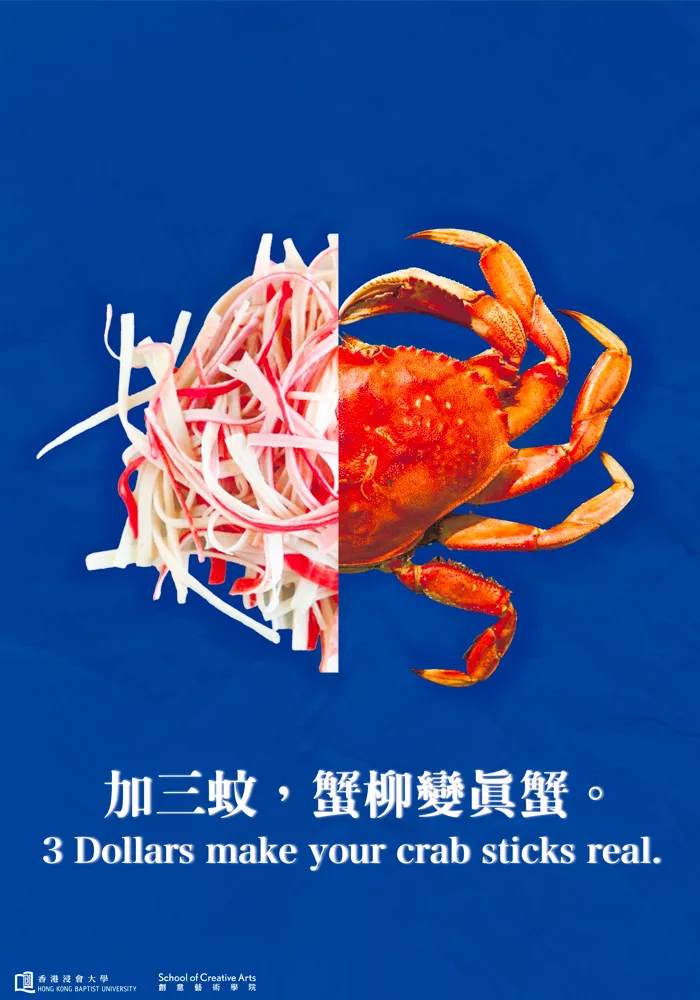
So much of what we eat is ultra-processed– from the sliced white bread, luncheon meat to the cereal, biscuit and crisps, these foods contain empty calories with zero nutritional value, in fact ultra-processed food is also known as industrially formulated edible substance.
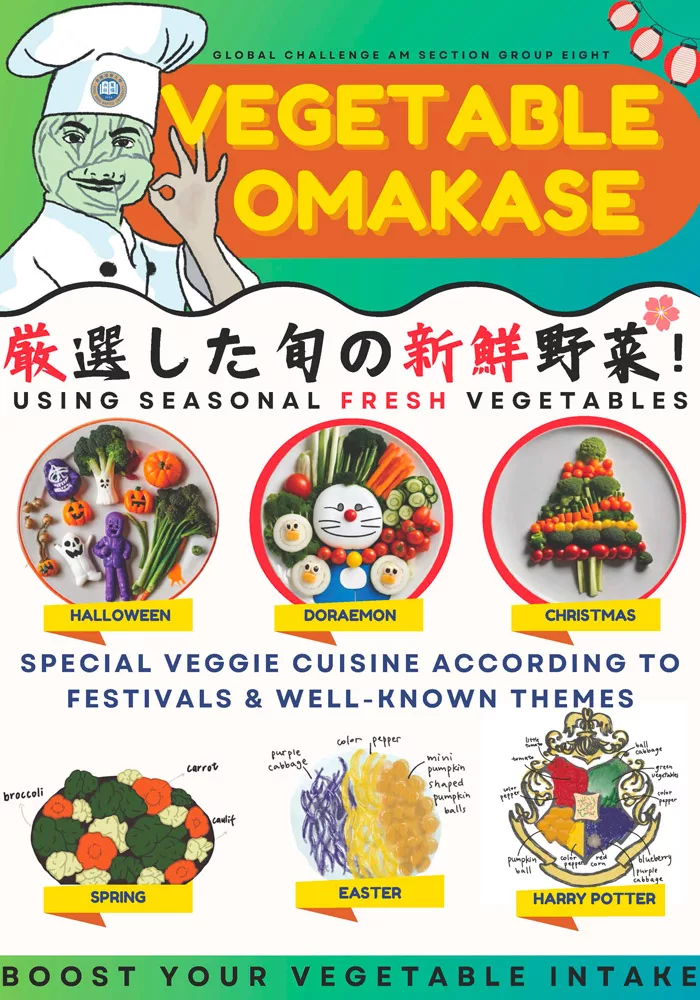
Meat production is resource intensive, and generates nearly 15% of all man-made greenhouse gas emissions. Changing to a more plant-based
In the brand-new Global Challenges course on sustainable eating, our transdisciplinary students came together to design canteen food futures.